Top
Faculty
The Anthropology Department has faculty members that specilize in the following fields: Archaeology, Biological, Psychological & Medical, Linguistics, and Sociocultural. Visit a faculty member's profile to learn more about their research.
Anthropological Archaeology
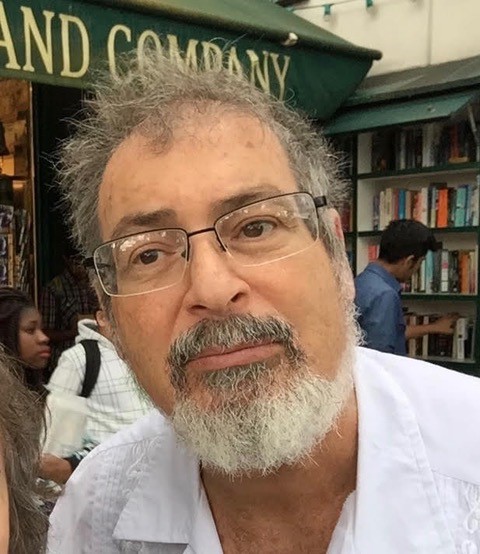
Guillermo Algaze
Distinguished Professor
Guillermo Algaze, Professor, received his Ph.D. from the University of Chicago in 1986. His research interests include Near Eastern, Anatolian, and Mesopotamian archaeology, early civilizations, and complex societies. His principal archaeological work has been done in Turkey.
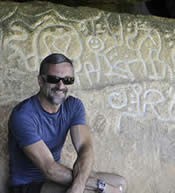
Geoffrey E. Braswell
Professor
Geoffrey Braswell received his doctorate from Tulane University in 1996 and is Professor of Anthropology. His research interests include settlement pattern studies, geoarchaeology, lithic production and technology, archaeometry, mathematical methods, the emergence of complex society and economic systems, and alternative models of social and political systems.
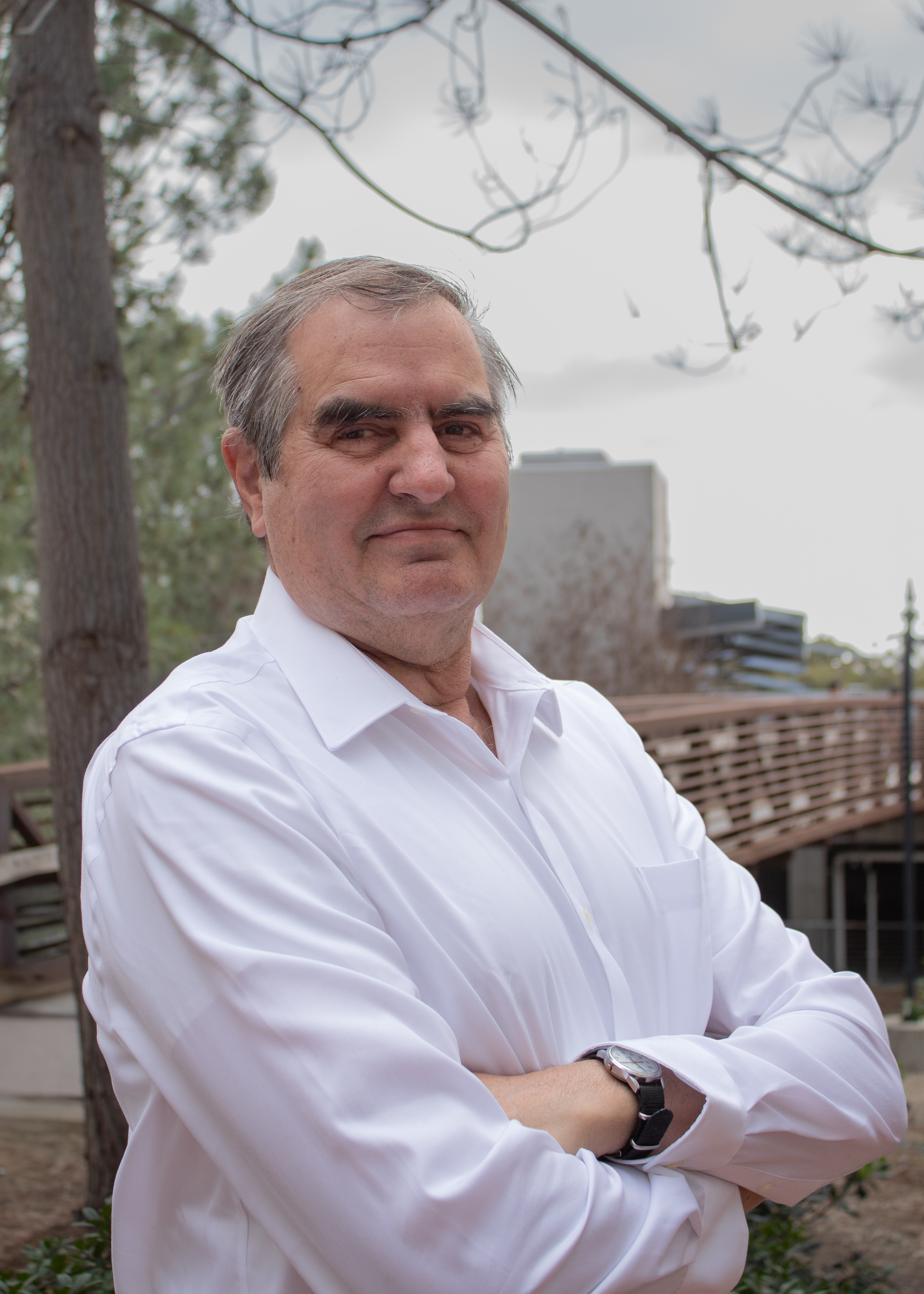
Paul S. Goldstein
Professor
Paul Goldstein received his Ph.D. in 1989 from the University of Chicago and previously held a position in the Department of Anthropology at Dartmouth College. His teaching and research focus on anthropological archaeology, complex societies, Latin America and Andean South America.
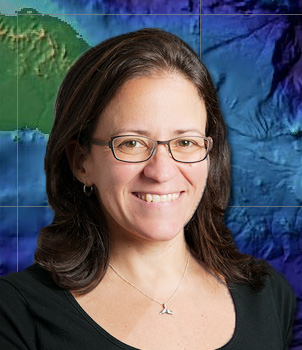
Isabel Rivera-Collazo
Professor
Isabel Rivera-Collazo is an environmental archaeologist working on Ecological, Biological and Human Adaptations to Climate Change at the Department of Anthropology and Scripps Institution of Oceanography at University of California San Diego. She has a Ph.D. in Environmental Archaeology from the Institute of Archaeology of University College London, specializing in human ecodynamics, landscape reconstruction, and human adaptations to climate and environmental change on islands and coastal/marine contexts. Her laboratory techniques include geoarchaeology, archaeomalacology, and marine ecology. Her research focuses on the effect that human activity has on island ecosystems through time, as well as how people responded to climatic and environmental change in the past. Taking an applied approach, she also works with local communities to understand the current and expected impacts of climate change, including threats to coastal heritage.
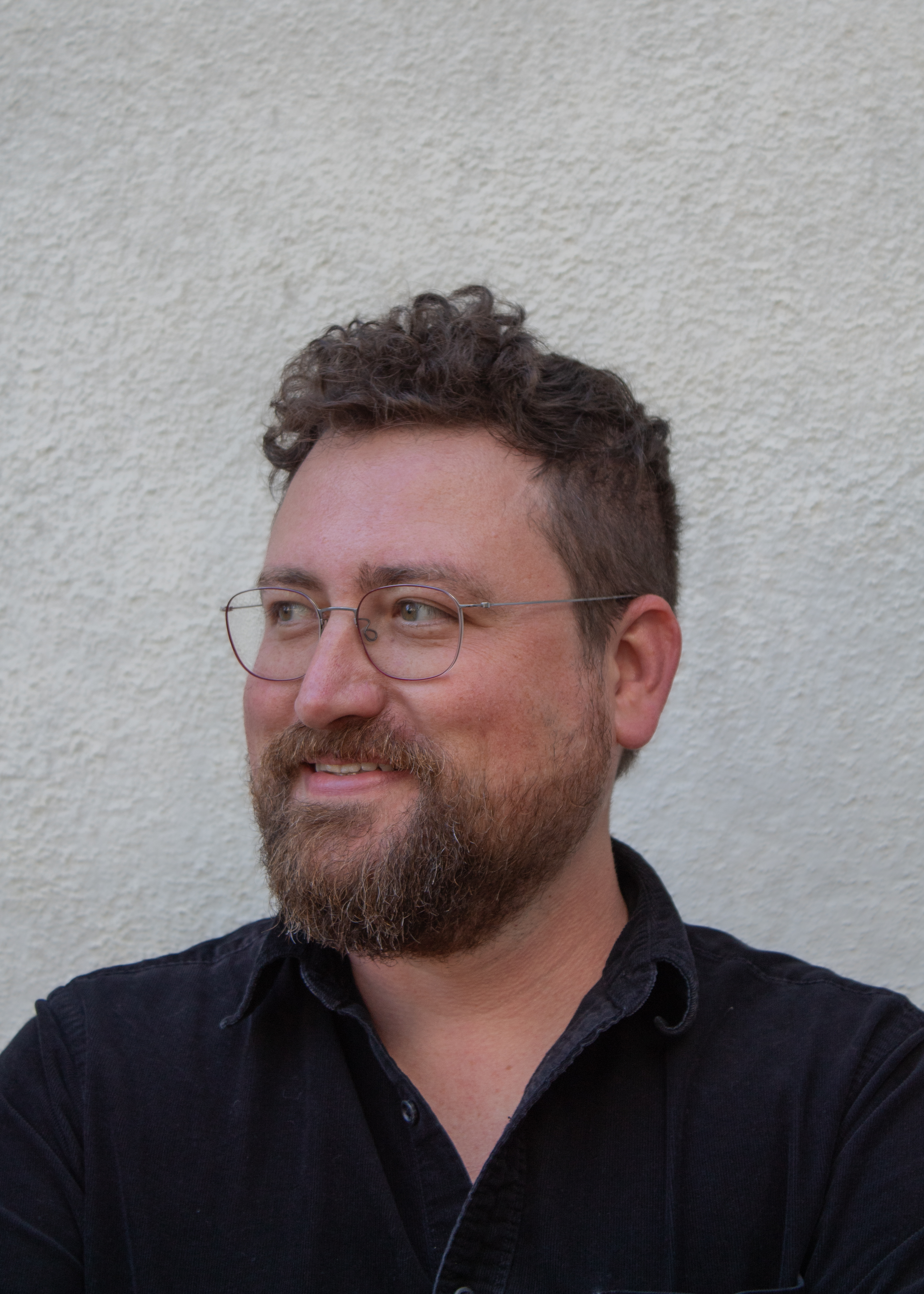
Zach Dunseth
Associate Professor
Zachary C. Dunseth is an Associate Professor of Anthropology and the Kershaw Chair of the Archaeology of Ancient Israel and Neighboring Lands at UCSD. He specializes in geoarchaeology and phytolith science, particularly in the desert environments of the ancient Levant.
Dunseth is interested in exploring the long-term trajectories of human-animal-environmental interactions in deserts—essentially, how people lived, thrived and adapted to arid environments during climatic, environmental and social change. His research focuses on the microscopic physical and chemical fingerprints we leave behind in archaeological sediments, using this information to explore various questions about mobility, subsistence, and plant, animal and metal economies at both local and regional scales.
His primary regional focus is the eastern Mediterranean, where he has supervised or directed excavations at sites in modern Israel including Megiddo, Kiriath Jearim and Arad since 2012. He also has ongoing interdisciplinary collaborations with active and legacy projects in Jordan, Syria, Cyprus, Sardinia (Italy), and the southwestern United States.
Outside of fieldwork, Dunseth is involved in efforts to foster Open Science initiatives in the archaeological sciences. He is a founding member of the International Committee on Open Phytolith Science (ICOPS), a community-building initiative that is working to connect and train researchers from around the world in FAIR and Care principles.
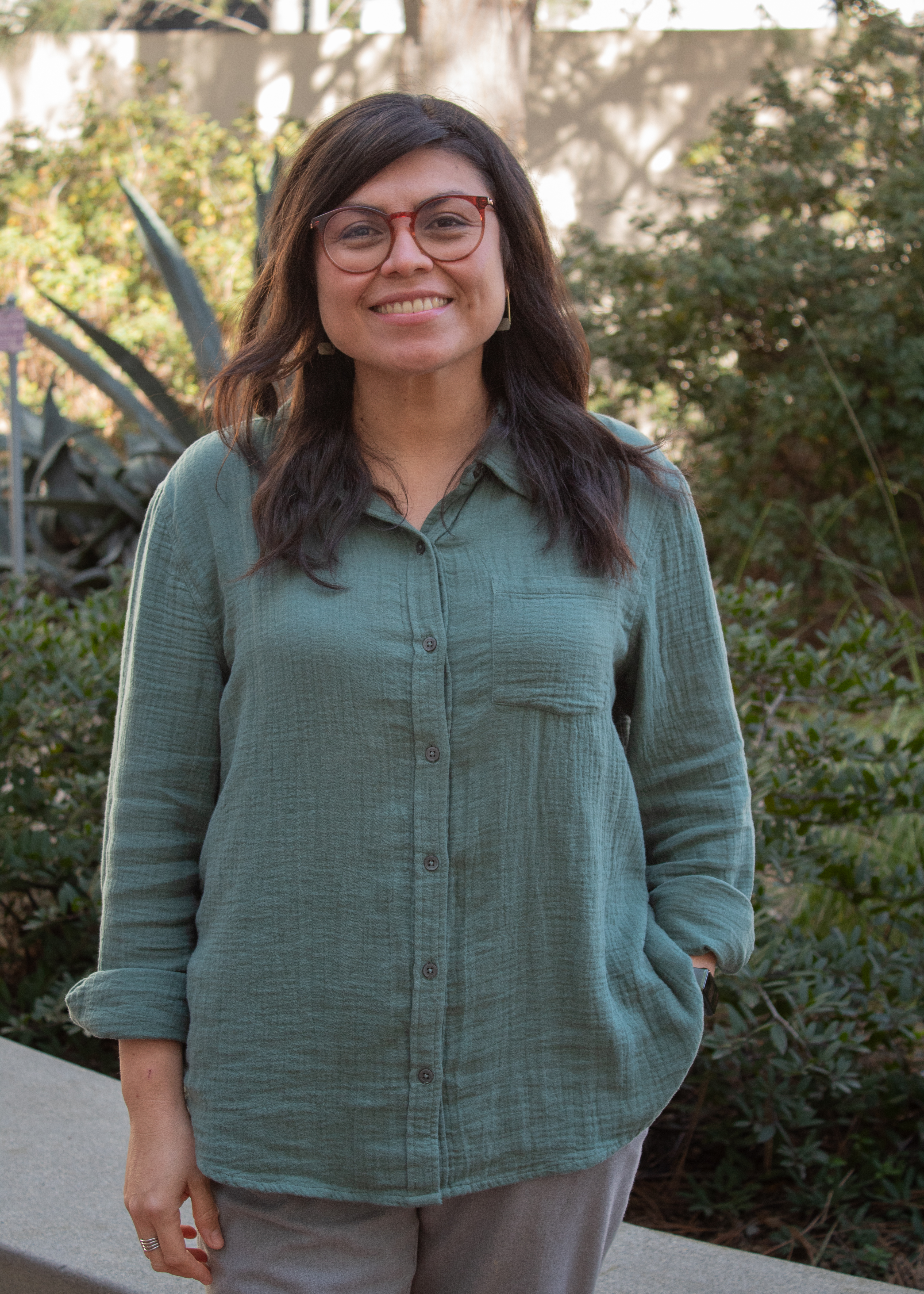
Nayeli Jiménez Cano
Assistant Professor
Nayeli Jiménez Cano, Assistant Professor in the Anthropology of Climate Change at UCSD, is a zooarchaeologist specializing in the study of human–aquatic interactions through time. Her research focuses on Indigenous fisheries, animal management, and environmental change in the Maya area. She integrates traditional zooarchaeology with biomolecular methods—including ZooMS, paleoproteomics, and DNA—to refine species identification and reconstruct past biodiversity. Her work advances marine historical ecology by establishing long-term baselines for conservation and sustainability. Alongside zooarchaeological research, she conducts ethnographic work with modern Maya fishing communities in Mexico, connecting past and present knowledge of fisheries to broader discussions on resilience and climate change.
Biological Anthropology
Keolu Fox
Assistant Professor
Keolu Fox Ph.D., Kānaka Maoli (Native Hawaiian) is an assistant professor at the University of California, San Diego, affiliated with the Department of Anthropology, the Global Health Program, the Halıcıoğlu Data Science Institute, the Climate Action Lab, and the Indigenous Futures Lab. He holds a Ph.D. in Genome Sciences from the University of Washington, Seattle (2016). Dr. Fox's multi-disciplinary research interests include genome sequencing, genome engineering, computational biology, evolutionary genetics, paleogenetics, and Indigenizing biomedical research.
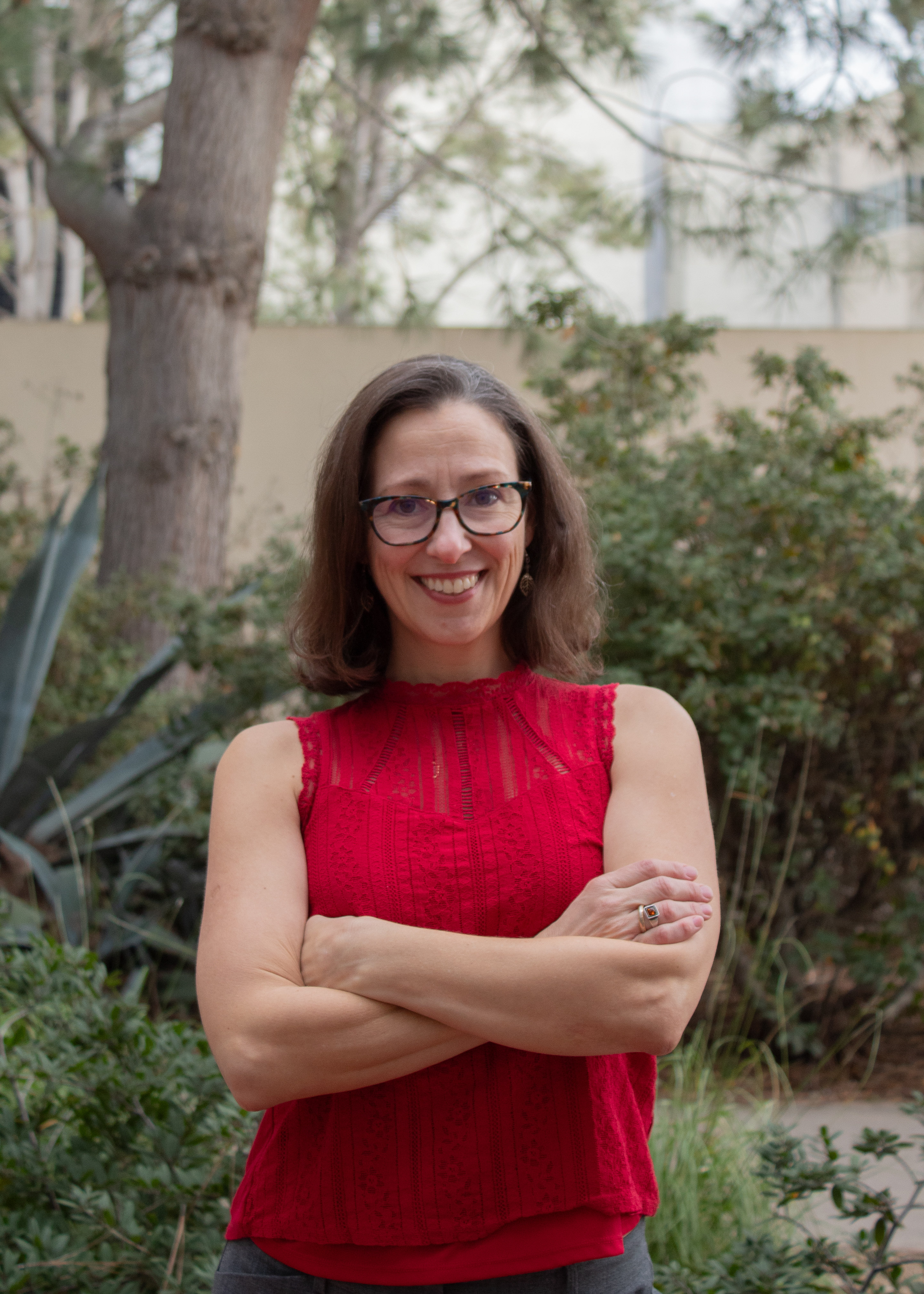
Maria Carolina (Carol) Marchetto
Assistant Professor
Dr. Marchetto was a Staff Scientist at the laboratory of Genetics at The Salk Institute where she led projects that studied neuronal development using human and nonhuman primate stem cells. Her work focuses on using patient-derived induced pluripotent stem cells to study the cellular behavior of human neurons in neuropsychiatric and neurodevelopmental conditions such as Autism Spectrum Disorders. Dr. Marchetto’s work is also focused on human evolution in the context of human brain expansion and neuronal development.
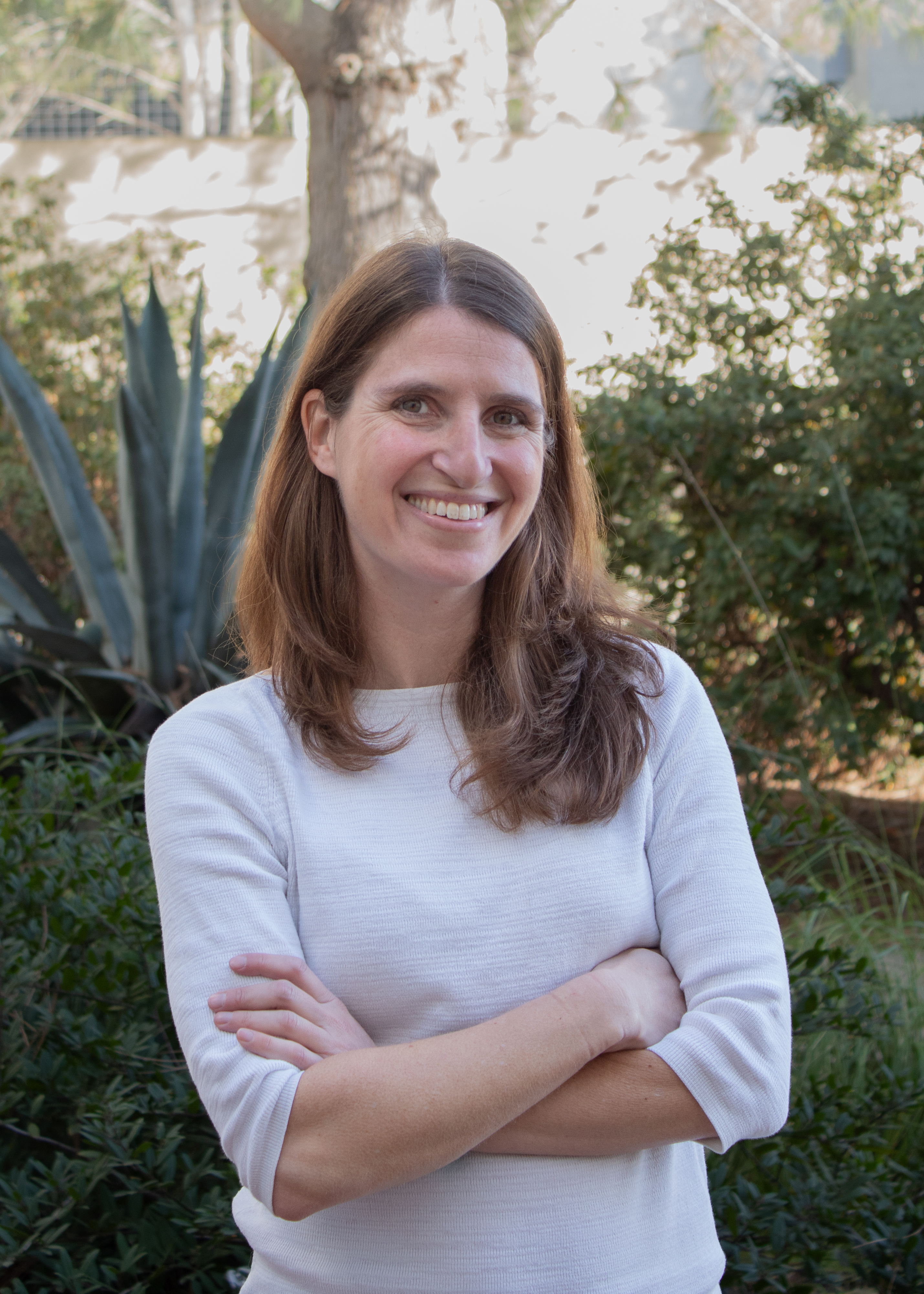
Amy Non
Professor
Amy Non is a genetic anthropologist with an interest in the genetic and sociocultural contributors to racial and social inequalities in health. Her current research focus is to understand how social experiences can become biologically embedded to affect health throughout the life course.
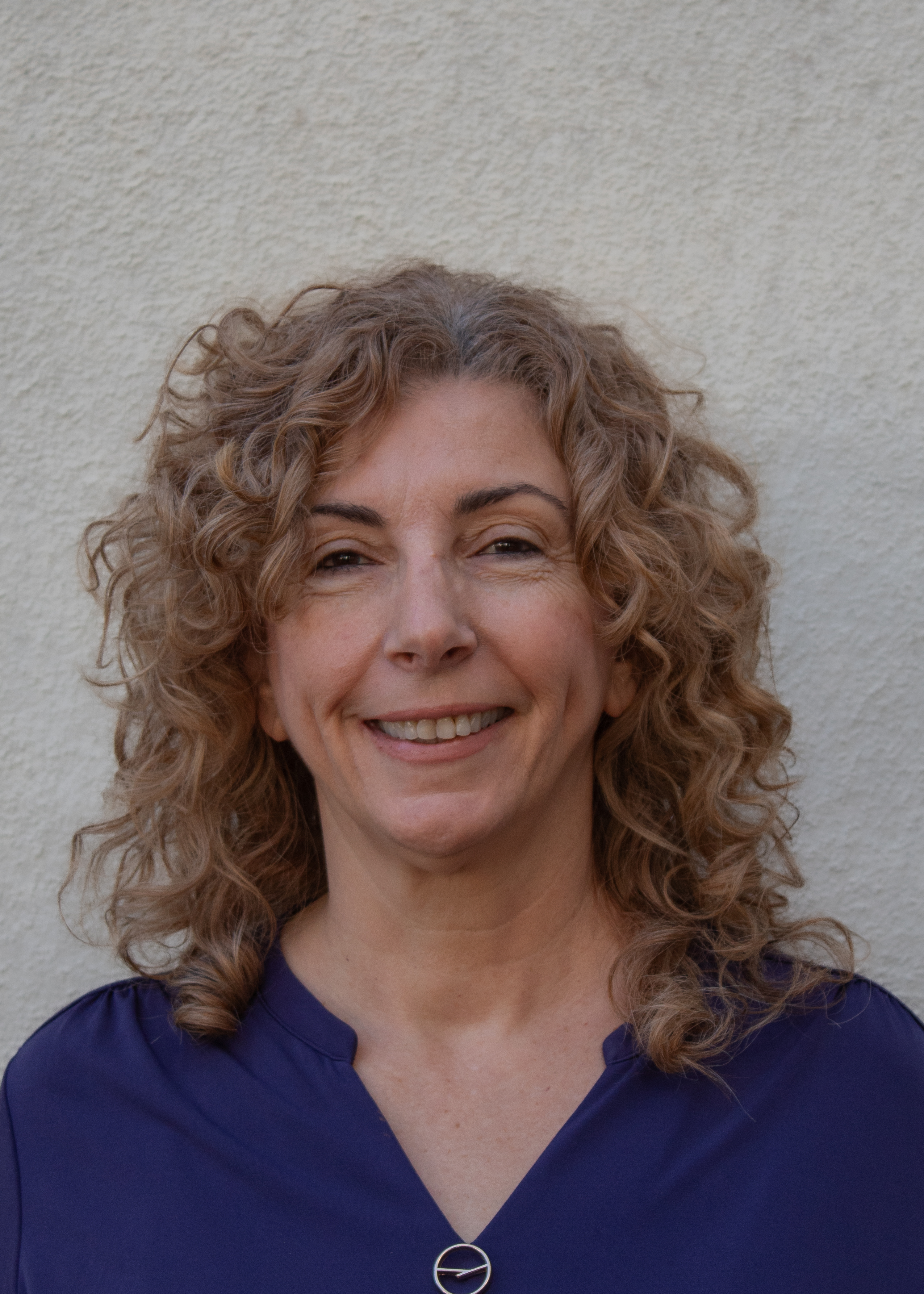
Katerina Semendeferi
Professor
Semendeferi’s scientific inquiry into “what makes us human” is grounded in the comparative study of the brain. Her long-standing commitment to noninvasive approaches to study the brain helped her pioneer new ways to gain insights into the neuroanatomy of great apes, our closest living relatives, compared to humans. More recently, she has begun to explore links between the phylogenetically reorganized brain regions and their implication in vulnerabilities observed in atypical human neurodevelopment.
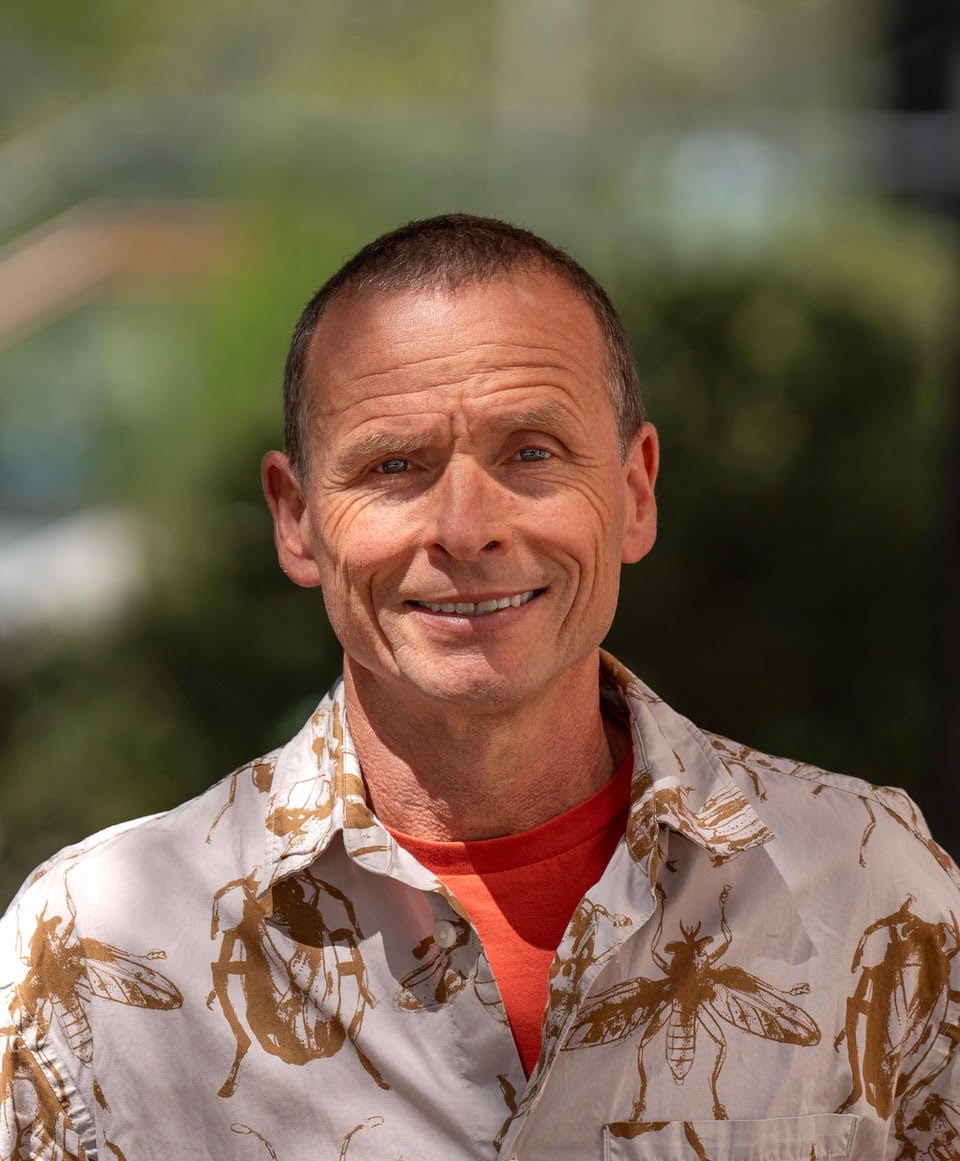
Pascal Gagneux
Professor, Department Chair
Pascal Gagneux is an evolutionary biologist interested in the evolution of primate molecular diversity. He is interested in the molecular interactions between cells and organisms in the context of reproduction, development, and infection. He focuses on molecules found at the outermost layer of all vertebrate cells, sugars called sialic acids, and the proteins that specifically recognize molecular patterns at the molecular frontier of cells, the glycocalyx (sugar coat). Humans have undergone a “watershed event” in their sialic acid biology since our ancestors lost the function of an important sialic acid modifying gene over 2 million years ago. This change has numerous consequences for human biology by virtue of having altered our “molecular self.” Human innate immunity has had to adapt to this change in order to maintain efficient perception of “self,” but so have countless rapidly evolving human-specific pathogens and parasites. Gagneux’s research explores how distinctly human sialic acid biology is involved in several human phenomena, ranging from fertility, innate immunity and infection, to aging and maintenance of cognitive ability.
Pascal Gagneux is the Executive Co-Director of the Center of Academic Research and Training in Anthropogeny (CARTA) at UC San Diego. In that capacity, Dr. Gagneux also runs the Graduate Specialization in Anthropogeny, a unique transdisciplinary graduate specialization for PhD students from eight UC San Diego graduate programs including Anthropology.
Psychological/Medical Anthropology
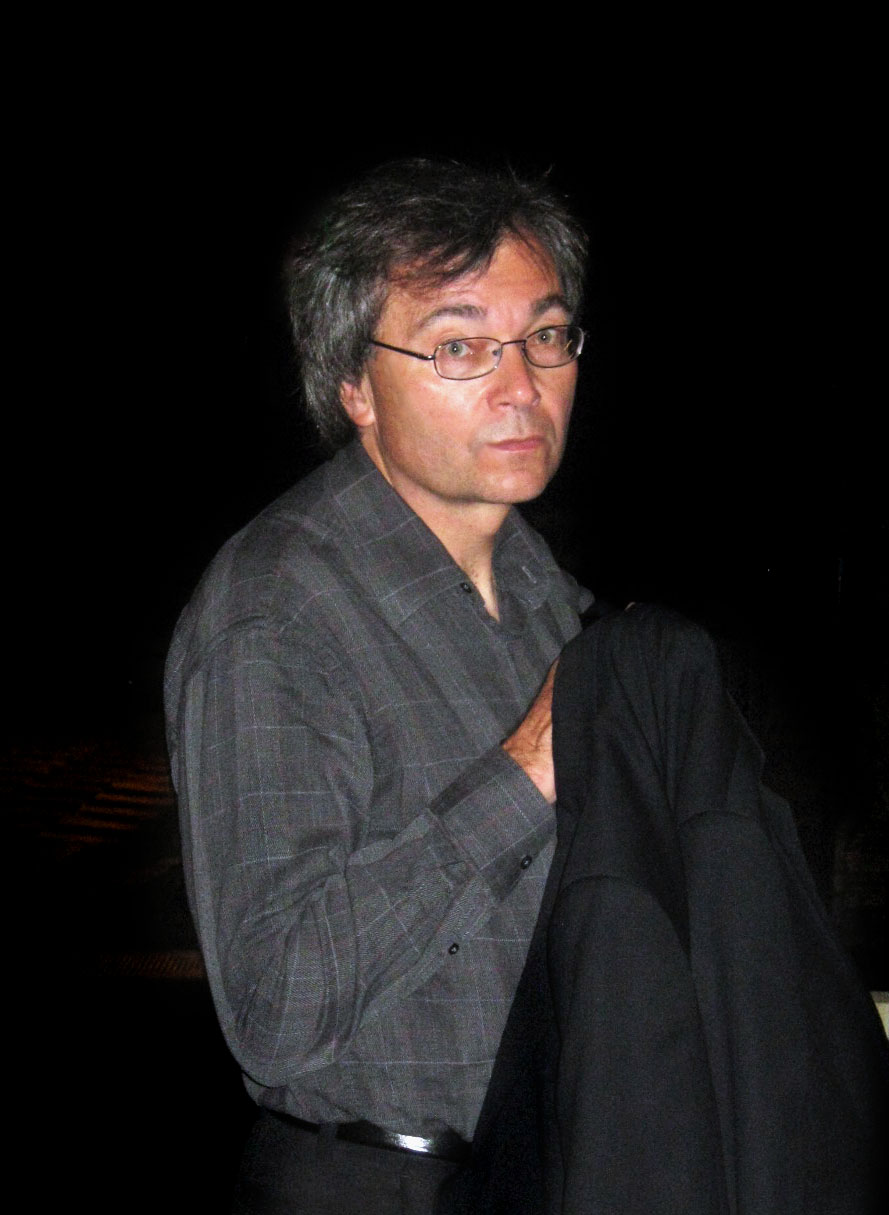
Thomas J. Csordas
Distinguished Professor
Thomas J. Csordas is an anthropologist whose principal interests are in medical and psychological anthropology, comparative religion, anthropological theory, cultural phenomenology and embodiment, globalization and social change, language and culture.
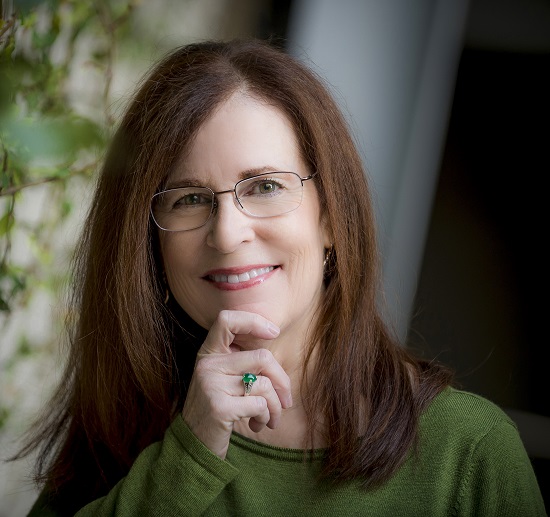
Janis H. Jenkins
Distinguished Professor
Dr. Janis Hunter Jenkins is a psychological/medical anthropologist. She received her PhD from UCLA and post-doctoral training at Harvard Medical School. She has been Principal Investigator for research on culture and mental health among adults and children, in socioeconomically disadvantaged regions for Mexican, Salvadoran, and Puerto Rican, Latinx, Hispano, and First Nation populations in North and Central America. She leads research and intervention teams concerned with social and cultural processes that improve or exacerbate the course and outcome of illness, migrant health and sites of care in Mexico and the U.S. border region, and the central role of struggle in processes of living with conditions of mental illness and inequity as pressing matters of fundamental human rights and social justice.
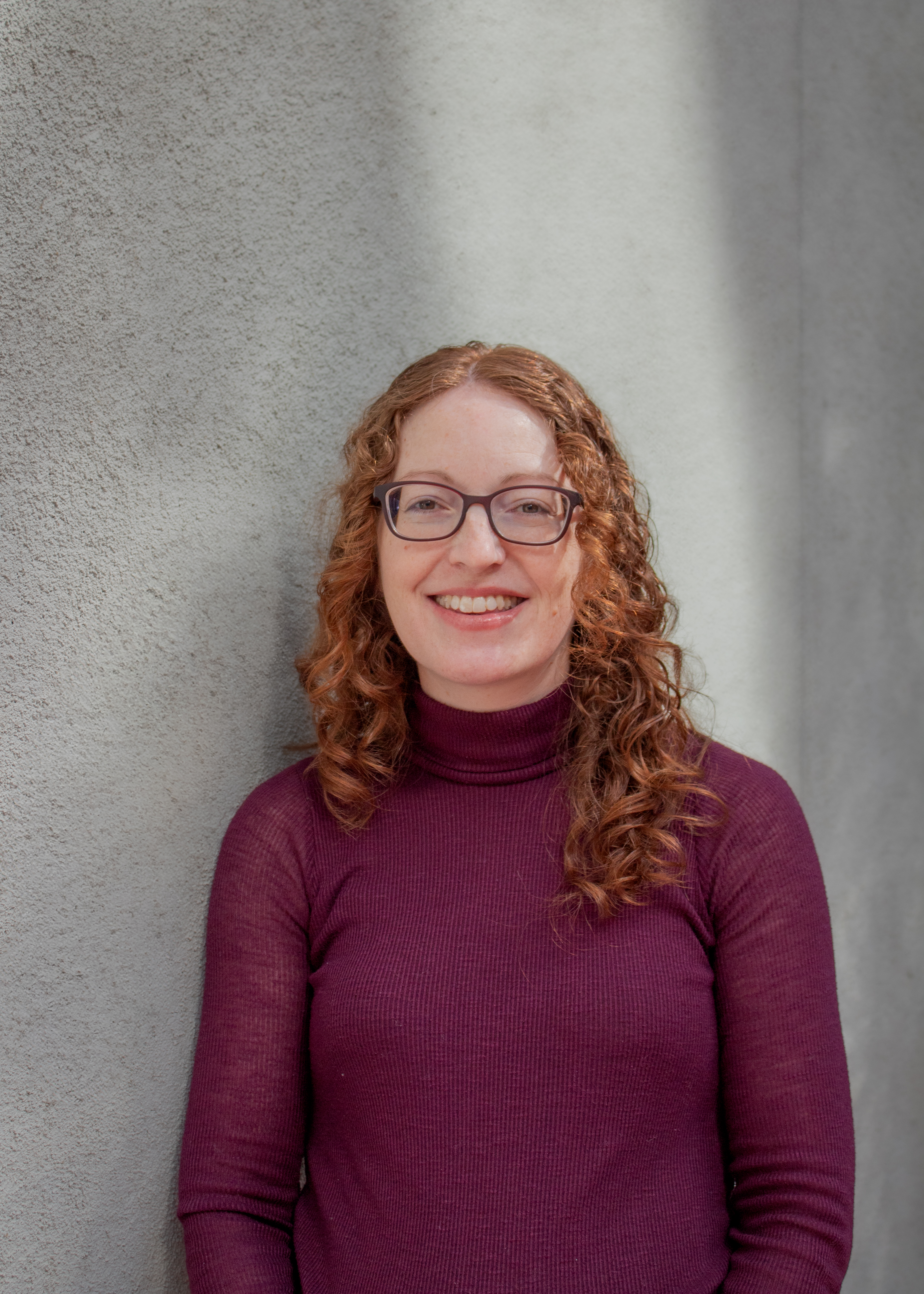
Bonnie N. Kaiser (Bronwyn)
Associate Professor | Vice Chair of Graduate Studies
Bonnie Kaiser is an Associate Professor jointly appointed in the Department of Anthropology and Global Health Program. She is a qualitative and mixed-methods specialist, with training as an anthropologist (PhD), epidemiologist (MPH), and global health implementation scientist (postdoc). Her anthropology research focuses on elucidating cultural models of mental health and illness and exploring their connections to care-seeking; developing and adapting measurement tools for cross-cultural research and interventions; improving cultural adaptation of global mental health interventions; and critically exploring concepts of trauma, risk, and resilience. Her implementation science projects include research on mental health, oncofertility (fertility preservation for cancer patients), and other areas of healthcare access. Her scholarship balances critical and constructive engagement with the fields of medicine of global mental health, advancing both theory in psychological anthropology and practice in global mental health. Her research includes deep ethnographic engagement in her primary field site of Haiti and mixed-methods and multi-sited research in other global regions, including in Kenya, Nepal, Ethiopia, Nigeria, and the US.
Her major research interests are Haiti, Kenya, psychological anthropology, global mental health, implementation science, idioms of distress, and cultural adaptation
Learn more about her research trajectory and ongoing projects by listening to her interview on the Sausage of Science podcast: https://soundcloud.com/
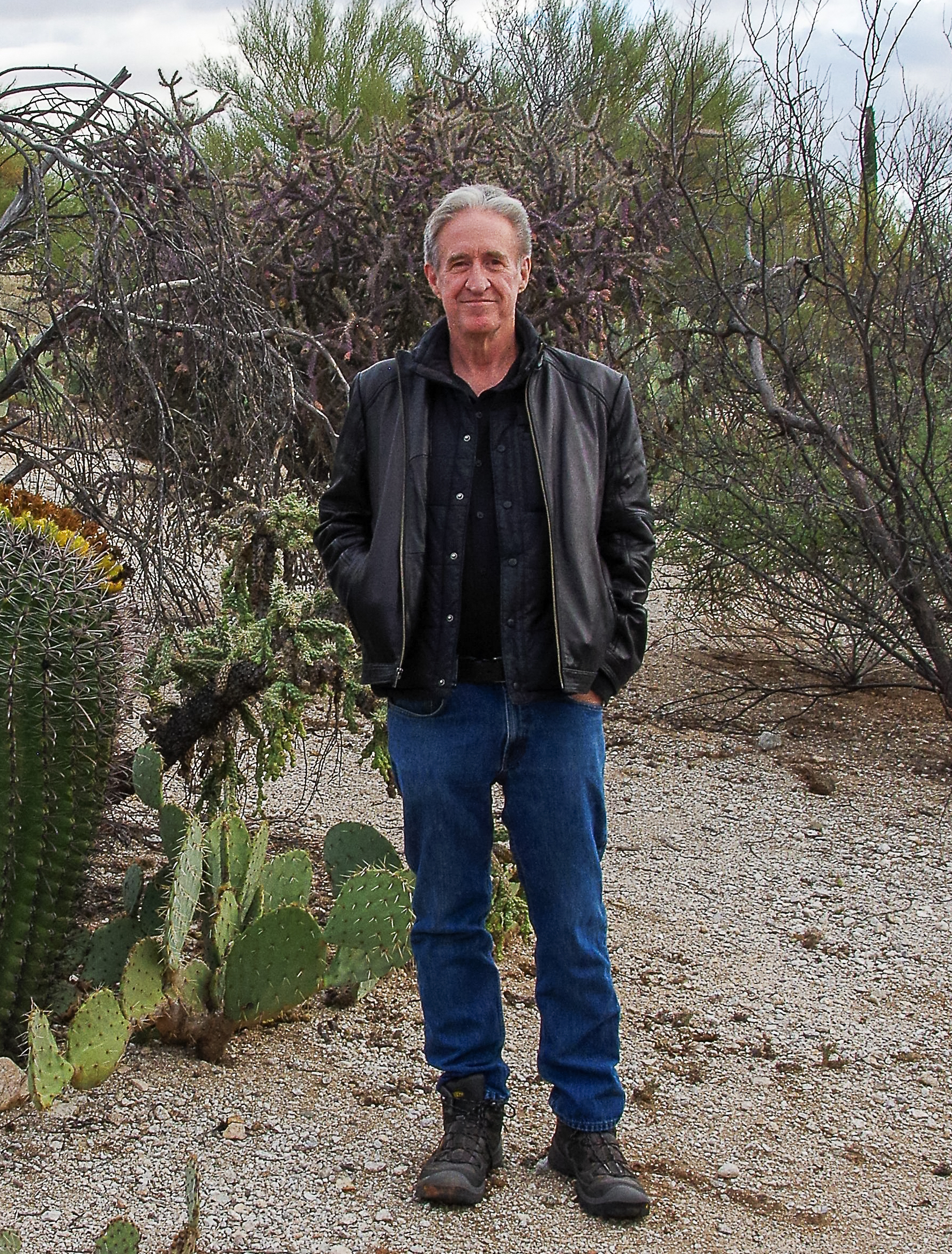
Steven Parish
Professor
Steven M. Parish received his Ph.D. in Anthropology from UC San Diego, where he was trained in psychological anthropology. He has conducted fieldwork in Nepal and in the United States.
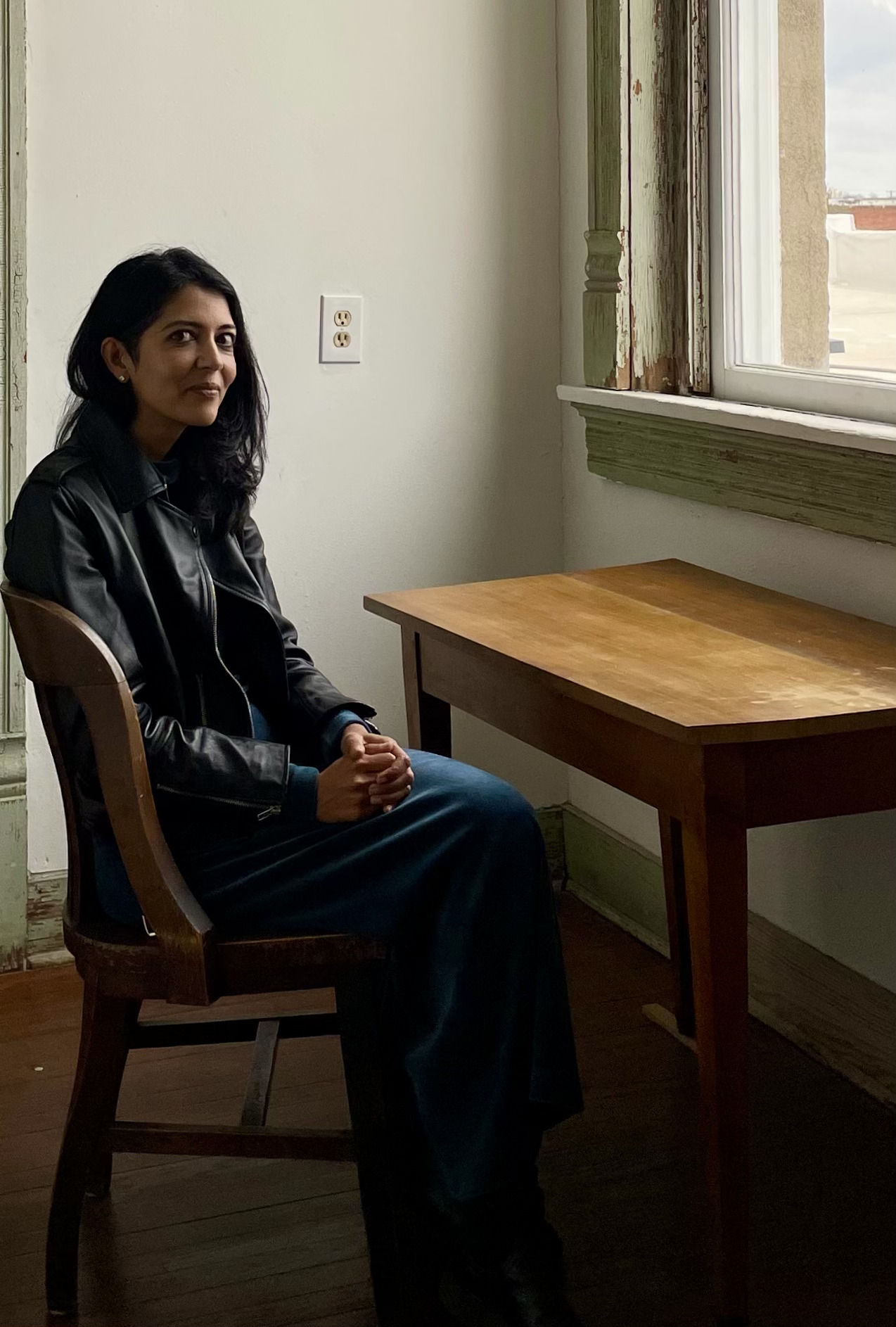
Saiba Varma
Associate Professor | Vice Chair of Undergraduate Studies
Saiba Varma is an Associate Professor of the Psychological/Medical Anthropology subfield. She is a medical and cultural anthropologist working on questions of violence, medicine, psychiatry, and politics as they pertain to Indian-controlled Kashmir and South Asia more generally. Saiba conducts ethnographic research in Kashmir, the site of a chronic, unresolved conflict, and one of the most militarized places on earth. Her research explores how spaces of psychiatric and humanitarian care confront, but also become microcosms of, the broader politics of violence and occupation that characterize life in Kashmir.
Linguistic Anthropology
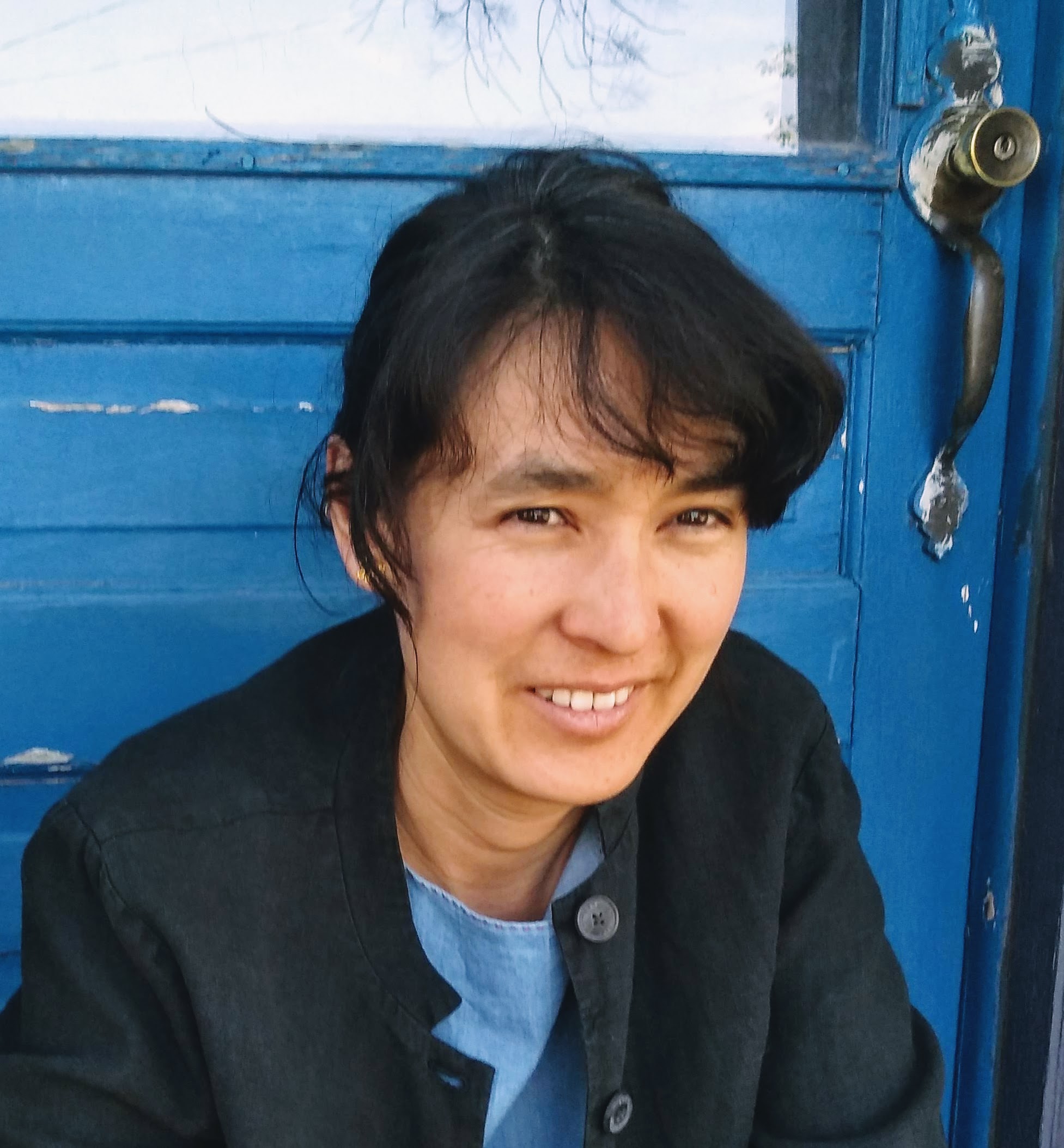
Rihan Yeh
Associate Professor
Rihan Yeh's research straddles linguistic and sociocultural anthropology. She is interested in the effects of the US-Mexico border on public life in Tijuana, Baja California.
Sociocultural Anthropology
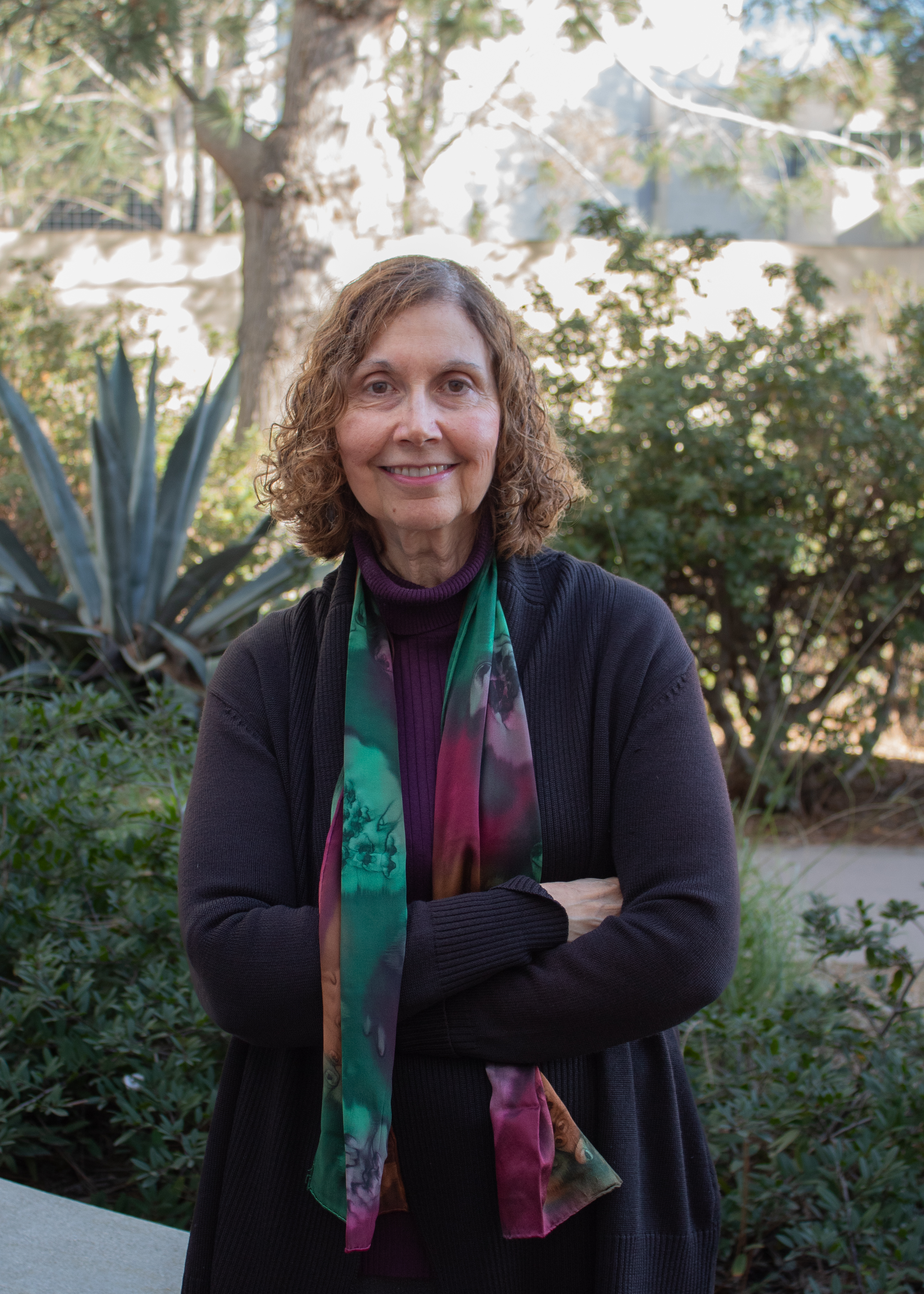
Suzanne A. Brenner
Associate Professor
Suzanne A. Brenner, Associate Professor, received her PhD from Cornell University. She is a sociocultural anthropologist who specializes in the study of gender, sexuality, and social transformation. Her work focuses in particular on the intersections of gender, religion, and politics in Indonesia and the United States.
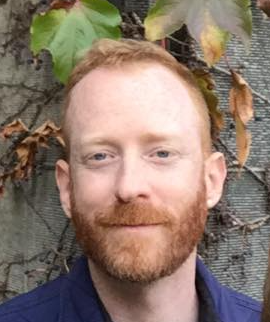
Joseph Hankins
Associate Professor
In his teaching and research, Joseph Hankins examines the intersections of contemporary capitalism and political action. His first book, Working Skin: Making Leather, Making a Multicultural Japan, traces the circulation of rawhide from his hometown in Texas to tanneries in Japan, examining forms of political oppression and economic exploitation in that connection. His current work is based on long-term political commitments with a feminist prison abolition organization based in California. Working collaboratively with a group of organizers and scholars across prison walls, Hankins helps run the UC Sentencing Project that examines the drivers and impacts of long-term incarceration and that seeks to strengthen networks of support among people who have faced long-term sentences.
Professor Hankins is affiliate faculty and former director of Critical Gender Studies and was the recipient of the UCSD Senate Distinguished Teaching Award in 2018. He is a founding member of the UC Sentencing Project and helps advise UCSD Underground Scholars and UCSD Students Against Mass Incarceration. He received his PhD from the University of Chicago in 2009.
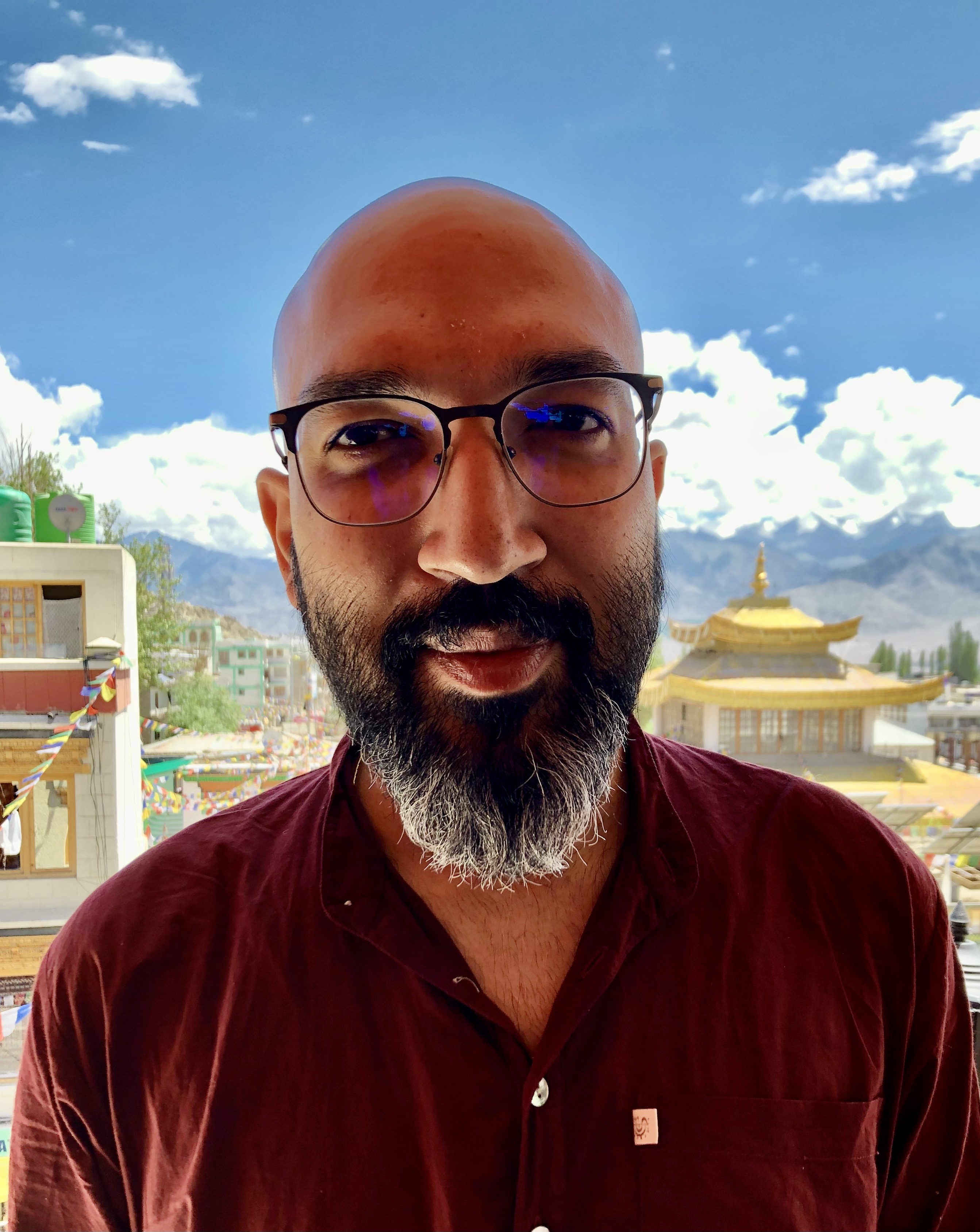
Aftab Jassal
Assistant Professor
Aftab Jassal is an anthropologist of religion, with longstanding research experience and interest in the Himalayas, specifically, Uttarakhand, a north Indian state bordering Tibet and Nepal. His research examines varying modes and registers of interaction between person, place, and divinity in South Asia. Drawing on anthropological and performance studies approaches, he is interested in how Hindu communities construct and enliven multiple social, ontological, and aesthetic realities through narrative and ritual performance, including ritual storytelling and possession.
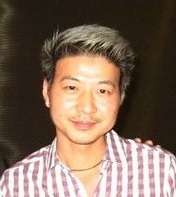
Dredge Kang
Assistant Professor
Dredge Byung’chu Kang received his anthropology PhD (2015) and global health MPH (2016) from Emory University. He was a Postdoctoral Fellow in Women, Gender, and Sexuality Studies at Washington University in St. Louis prior to appointment at UC San Diego. Broadly, Kang’s research focuses on race, gender, sexuality, class, and transnationalism.
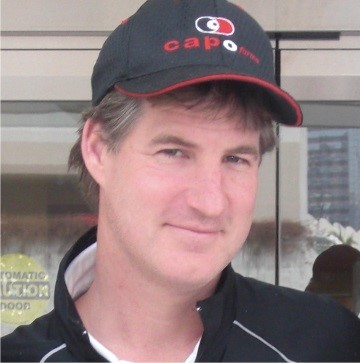
David E. Pedersen
Associate Professor
David Pedersen is an historically minded anthropologist with a joint degree in both disciplines (University of Michigan, 2004). His research and teaching focus on capitalist transformations during the 20th century and up to the present in the hemisphere of the Americas.
His first book, American Value: Migrants, Money, and Meaning in El Salvador and the United States (Chicago Studies in Practices of Meaning, University of Chicago Press, 2014) explores El Salvador and its relations with the United States as both countries have been reshaped by more than four decades of transnational migration and remittance circulation. Pedersen is writing a new book titled Capitol Crisis that examines how events on January 6, 2021 in Washington, DC and their aftermath have congealed into an expression of broader historical tendencies that intertwine DC with California and El Salvador. His scholarly writings have appeared in Amerikastudien/American Studies, Anthropological Theory, Capitalism/Nature/Socialism, The Centennial Review, Cultural Anthropology, Journal of World Systems Research, Mennesker & Rettigheter: Nordic Journal of Human Rights, Public Culture, Race & Class, and Social Science History.Pedersen is co-editor of A Cultural History of Money in the Modern Age (Vol. 6, Bloomsbury, 2019) and The Fernando Coronil Reader: The Struggle for Life is the Matter (Duke University Press, 2019). Pedersen serves on the editorial boards of Critical Historical Studies and Journal of Cultural Economy.